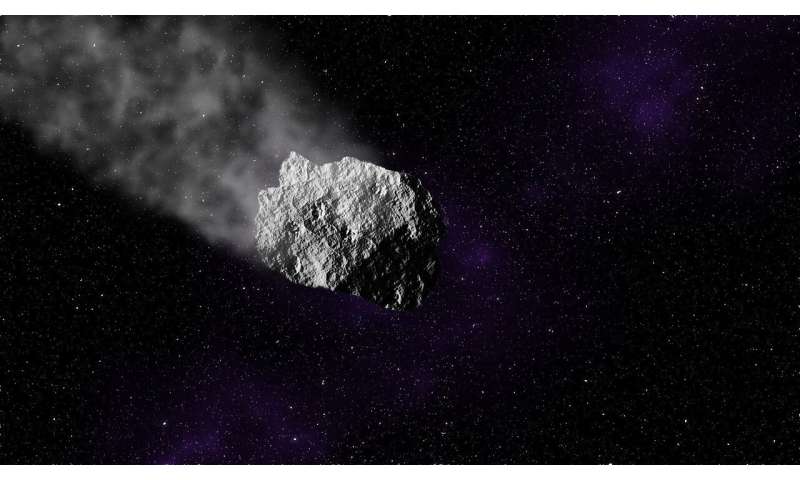Best of Last Week: Sugars in meteorites, Tesla's electric pickup truck, and dangerous effects of sleep deprivation

It was a good week for space research as an international team of researchers announced the first detection of sugars in meteorites, giving clues to the origin of life—the finding suggests meteorite bombardment may have given Earth a supply of life's building blocks. And another international team of researchers announced that the first global geologic map of Saturn's largest moon, Titan, has been completed—including dunes, lakes, plains, craters and other terrains.
In technology development, a team with members from the University of Warwick, the Technical University of Berlin and the University of Luxembourg reported that an artificial intelligence algorithm learned the laws of quantum mechanics—and used what it learned to make predictions such as the electronic properties of molecules. And a team at the University of Houston came up with a new device that could both capture and store solar energy—and it was based on capturing thermal energy. Also, a team at Cornell University found that a bone breakthrough may lead to more durable airplane wings—they discovered a previously unknown means by which bones withstand repeated wear and tear, and are looking at ways to apply it to man-made materials. And Tesla and its CEO Elon Musk made headlines with the debut of its electric pickup truck. Also, a team at Pennsylvania State University developed a a slippery toilet coating that provides cleaner flushing—and thus, saves water.
In other news, a team of researchers from the University of Manchester in collaboration with the Greater Manchester Mental Health NHS Foundation Trust and the Spectrum Centre for Mental Health Research, Lancaster University, found that borderline personality disorder has strong links to childhood trauma—they found that 71.1 percent of people diagnosed with the mental health condition reported at least one traumatic childhood experience. And a team at the California Institute of Technology found that when stuck in water, bees create a wave and hydrofoil atop it.
And finally, if you are one of the millions around the world that sometimes cannot get enough sleep, you might want to check out the results of a team at Michigan State University's Sleep and Learning Lab—they found that science has underestimated the dangerous effects of sleep deprivation—it can lead to deadly accidents.
© 2019 Science X Network